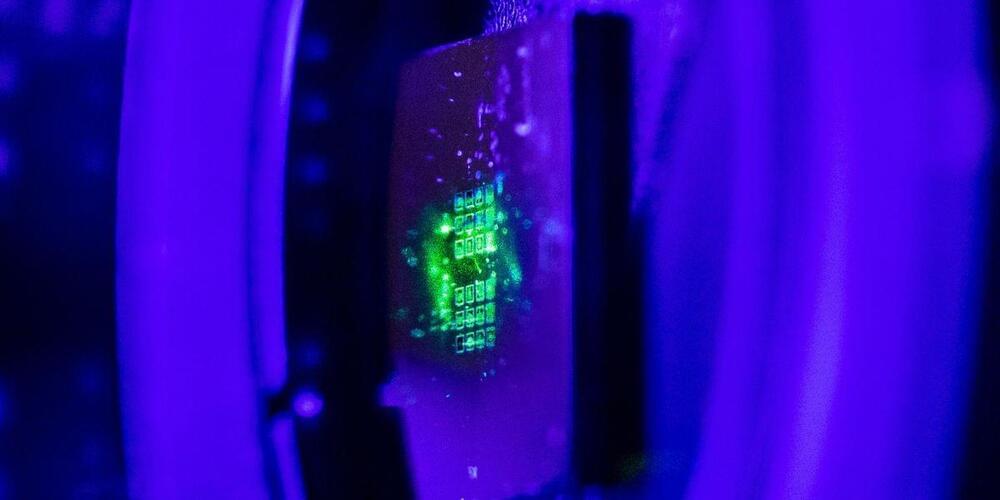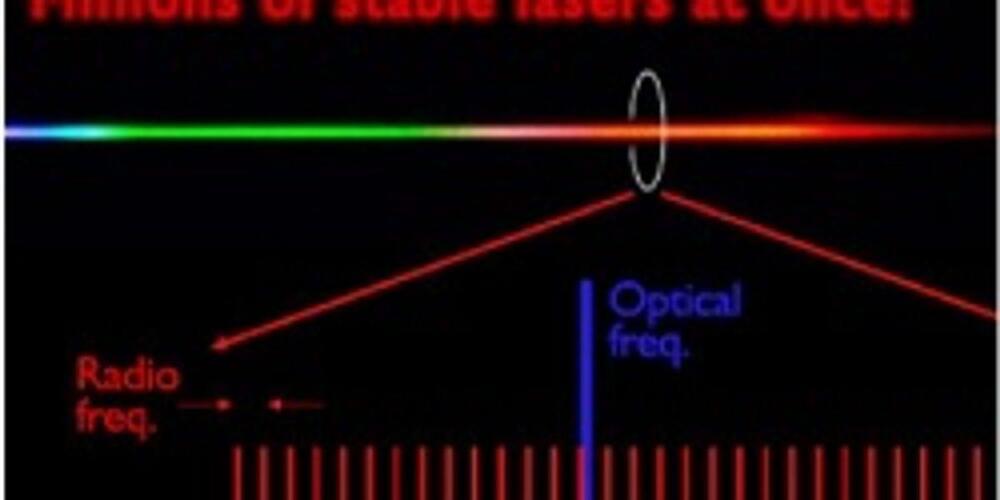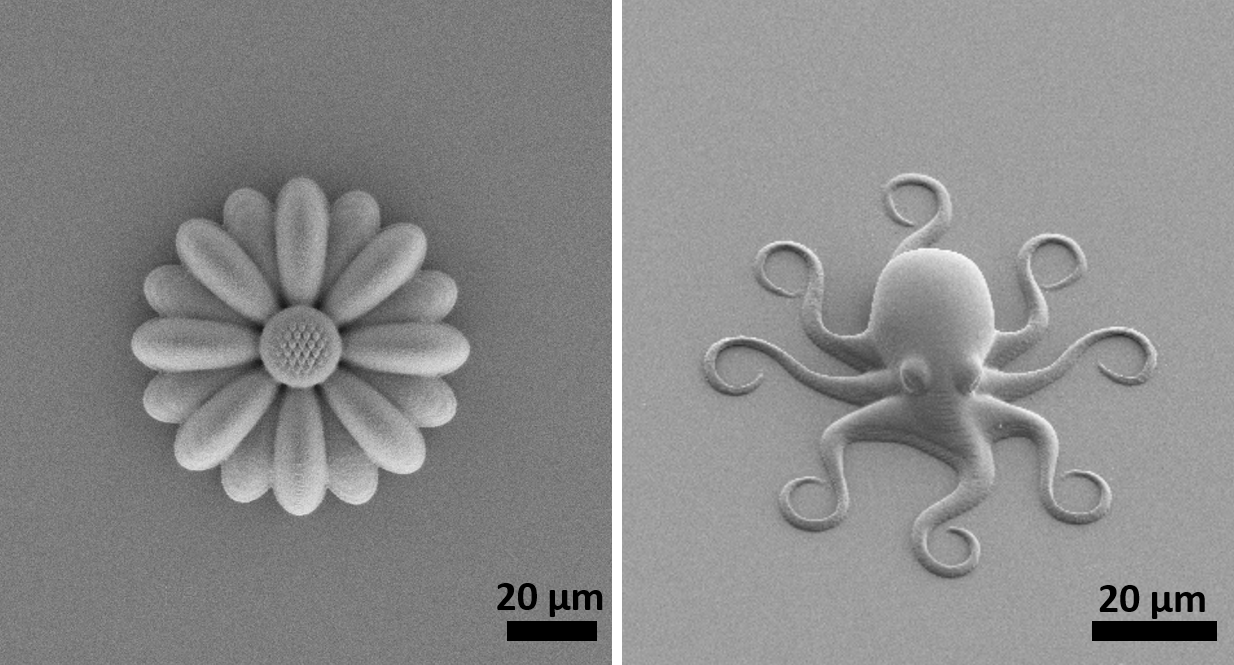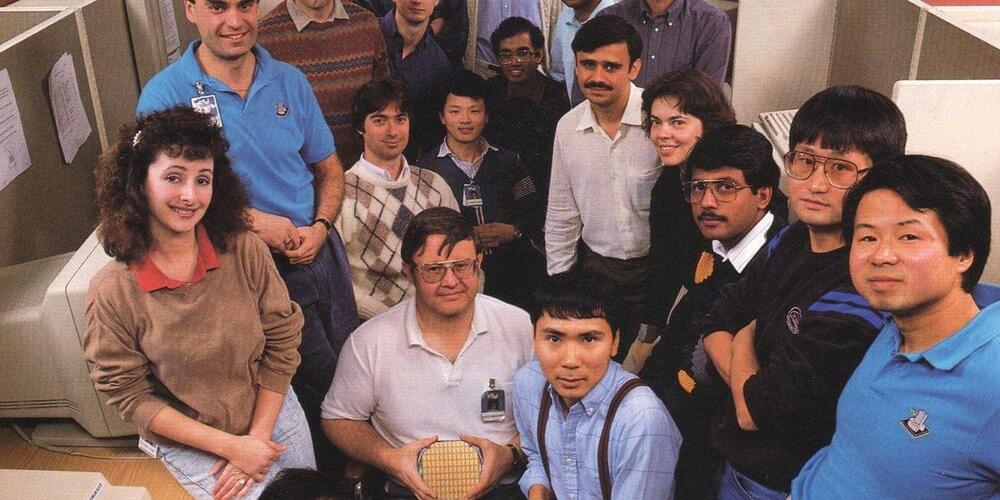Danish maritime architecture studio MAST has developed Land on Water, a system for constructing floating buildings that aims to be more flexible and sustainable than traditional methods.
The system designed by Copenhagen-based MAST consists of modular containers that can be filled with various floatation elements, similar to how gabion cages are used in the construction industry.
Made from recycled reinforced plastic, these flat-pack modules could be easily transported around the world and assembled in different configurations to suit a range of building types.







